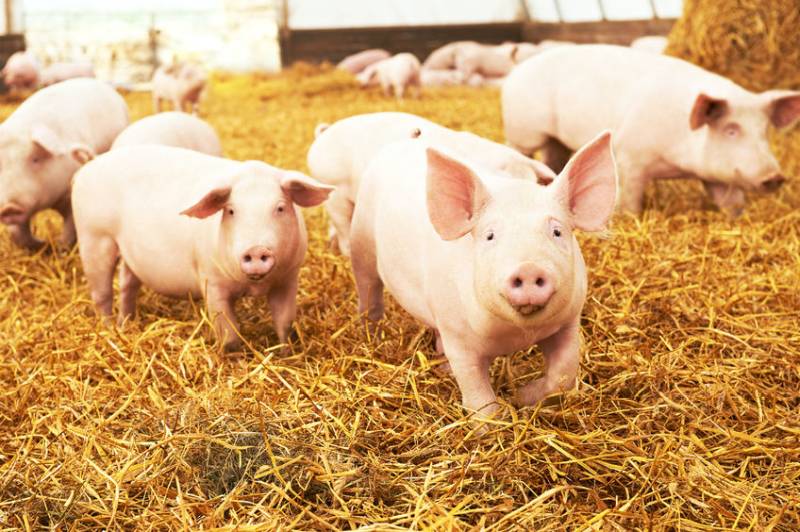
The government has been told to intervene to make sure meat supplies do not dwindle in the event of another CO2 shortage.
The British Meat Processors Association (BMPA) said the government should ensure the meat industry does not stall if another such shortage happens in the future.
The pig and poultry industries both use CO2 as the preferred method for stunning pigs and poultry at slaughter as it is considered the most humane method.
Scotland's biggest pig processor, Quality Pork Limited, was forced to shut down its plant in Brechin temporarily due to the CO2 shortage that hit Europe in late June and early July.
A temporary derogation had to be granted to the processor, which saw pigs processed south of the border in England.
According to BMPA chief executive, Nick Allen things "seem to be slowly getting back to normal", as CO2 supplies gradually return.
While CO2 production has resumed in some plants, others across the UK and EU have continued to be beset by problems and supplies remain tight.
'Angst'
But Mr Allen said there was "angst" among the processors over the rising charges for CO2 currently being demanded by the suppliers.
He has been informed that the companies had allowed a "bidding war" to take place among the processors who are dependent on the supplies.
“For me, the next bit of this story is about how do we make sure this does not happen again,” he said.
“This crisis has highlighted the fact that the British food supply chain is at the mercy of a small number of major fertiliser producers, four or five companies’ spread across northern Europe. We rely on their factories’ by-product to keep our food chain moving," Mr Allen added.
He called for a strategic response from government. Just as the water industry is regulated to avoid public crises, government should be able to intervene in a more meaningful way to prevent this happening again, Mr Allen said.
